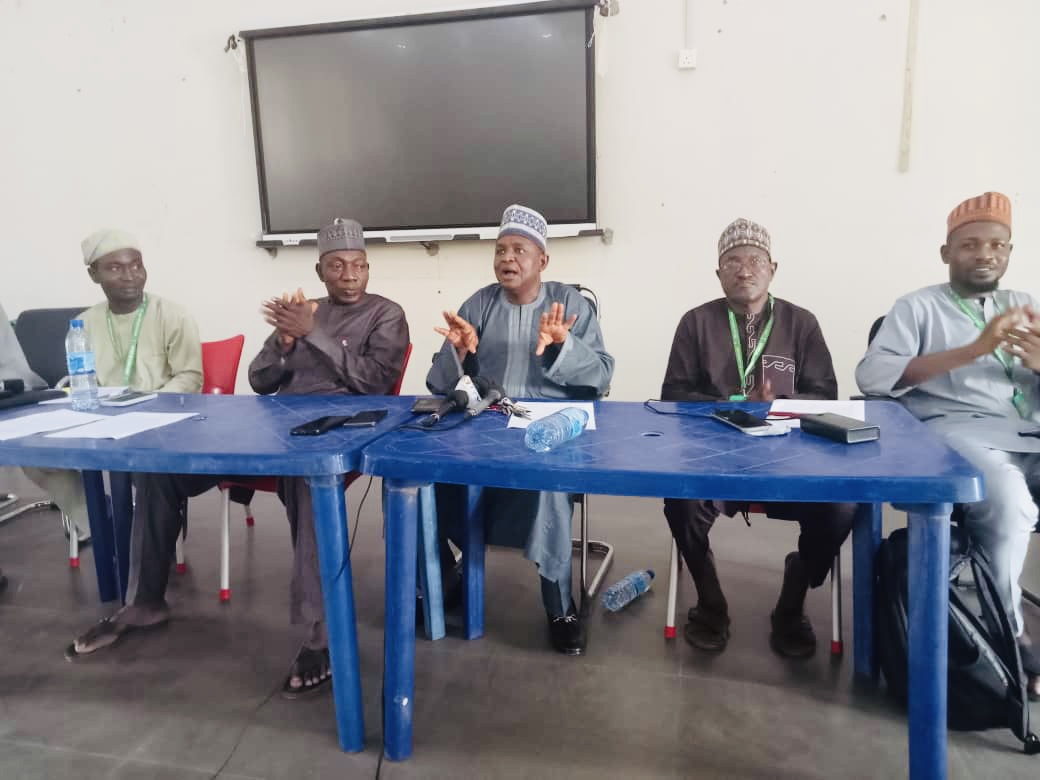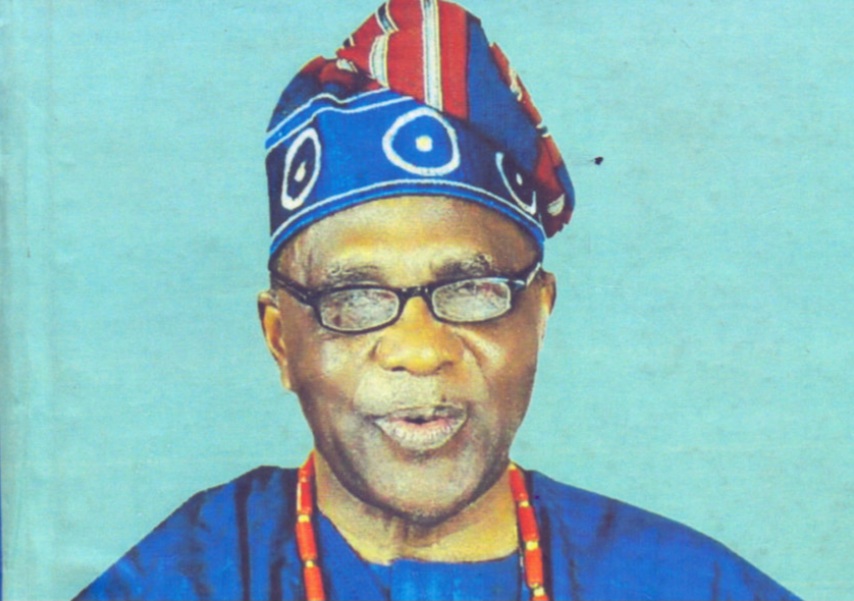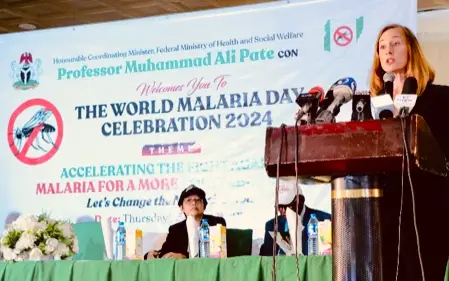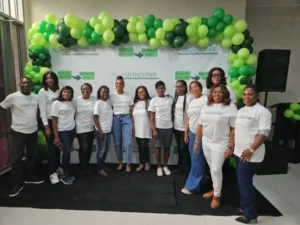By Abujah Racheal
The National Action on Sugar Reduction (NASR) has rolled out a campaign aimed at raising awareness about the health risks associated with consuming Sugar-Sweetened Beverages (SSBs).
The campaign was launched amidst growing concerns about the prevalence of Non-Communicable Diseases (NCDs) such diabetes and heart diseases.
The NASR Coalition spokesperson, Ms Omei Bongos-Ikwue, told News Agency of Nigeria (NAN) on Thursday in Abuja that the campaign sought to educate the public and advocate for policy changes to promote healthy lifestyles.
NAN reports that according to the International Federation of Red Cross and Red Crescent Societies, NCDs are diseases that are not spread through infection or other people but are typically caused by unhealthy behaviours and genetics.
They are chronic diseases that result from a combination of genetic, physiological, environmental and behavioural factors.
According to the World Health Organisation (WHO), NCDs kill 41 million people each year, equivalent to 74 per cent of all deaths globally.
Each year, 17 million people die from an NCDs before age 70, while 86 per cent of the deaths occur in low and middle-income countries, WHO said.
Cardiovascular diseases account for most of the deaths.
They are followed by cancers, 9.3 million; chronic respiratory diseases, 4.1 million; and diabetes, two million, including kidney disease deaths caused by diabetes.
These four groups of diseases account for over 80 per cent of all NCD deaths.
Tobacco use, physical inactivity, harmful use of alcohol and unhealthy diets, all increase the risk of dying from an NCD.
Detection, screening and treatment of NCDs, as well as palliative care, are key components of the response to NCDs.
Statistics also show that NCDs are responsible for about 30 per cent of total deaths in Nigeria.
Most NCDs can be prevented if the risk factors are dealt with.
It is against this backdrop that the campaign became necessary, according to Bongos-Ikwue.
She said that the campaign featured buses adorned with images depicting health consequences of excessive sugary drink consumption.
She said that through creative messaging and active community engagement, NASR aimed to capture public attention and spur action to address the rise in NCDs across the country.
She said that research had shown a link between sugary drink consumption and onset of diseases such as Type 2 Diabetes.
“Countries worldwide have implemented taxes on sugary drinks to discourage their consumption, leading to reductions in SSB intake and improvements in public health outcomes,” she said.
Also at the campaign launch, Ms Gloria Okwu, a coalition member of NASR, said, “Our objective with this campaign is to enlighten the public about the perils of excessive SSB consumption and advocate policies that promote healthy alternatives.”
Okwu highlighted the impact of NCDs on the population, with an estimated 11.2 million Nigerians living with Type 2 Diabetes.
“In addition to the bus campaign, NASR volunteers conducted on-the-ground activities to educate communities about the detrimental effects of sugary drinks on health.
“Complimentary bus rides were also provided on various routes, allowing members of the public to engage with campaign materials and learn about healthier beverage options,” she said.
She said that the campaign would increase public awareness on health risks associated with SSB consumption, mobilise support for higher sugary drink taxes, and encourage individuals to make healthy choices.
According to her, by addressing the root causes of sugar-related health issues, NASR hopes to contribute to the good health of Nigerians. (NAN)
Edited by Ijeoma Popoola















